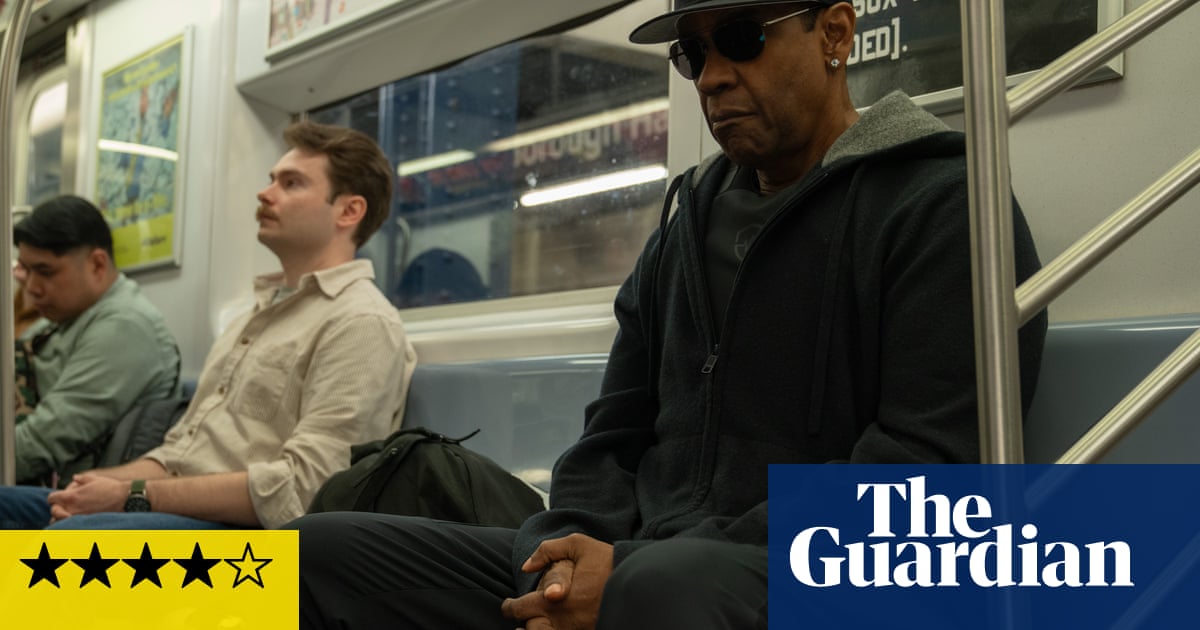I once told a colleague that I was going to Amsterdam on a solo trip to wine and dine alone. “Do you not have any friends to go with?” she replied. She was joking, but I think she also meant it. Her comment was tinged with pity. Why would you choose to eat a three-course meal with a good view or order room service in a nice hotel on your own? What’s the point? Wouldn’t you want to share that with someone?
Eating alone often gets a bad rap. It’s getting an even worse rap now that the World Happiness Report moved Americans down the ranking in part because they are, apparently, eating alone too much. The picture doesn’t look good: too many people have no one to eat with, they lack community, and are clearly rather isolated and lonely. Community is incredibly important – especially now, when the world feels increasingly unstable and unpredictable. We all know that at the end of your life you will think about the people you love and how you spent time with them. Sharing a meal, especially in candlelight, is an intimate experience and makes us feel closer to one another. Historically, people gathered around open campfires – it was around these flickering flames that we first learned to share stories.
And yet there is also a huge number of people who really enjoy spending time alone at a table too. Solo dining in restaurants in the US has risen by a staggering 64% since 2019, according to OpenTable.
I am one of these people (I’ve even written an entire novel called Table for One, about a woman rekindling her relationship with herself after a breakup). I’m always looking for new solo experiences to book. But it’s not easy being a solo diner – the world is set up for couples. There are two-for-one deals and sharing platters, and I’ve noticed that many nice restaurants don’t offer wine by the glass, only a full bottle. And it’s not just single people who love being solo diners: I am married and have been with my partner for 13 years, yet one of the biggest pleasures of my life is taking myself out for a solo date.
When it’s good, it’s good. Just this morning I had breakfast alone in a nice hotel and three other women were also sitting alone, reading their books (two out of three had opted for Joan Didion). It felt surprisingly communal. But restaurants don’t always love a solo customer in the evening. In New York, I am usually shoved awkwardly at the end of the bar on an uncomfortably high bar stool, offered a snack menu and not treated to a full dining experience. In several restaurants in London, I’ve been told they would need the table back within 45 minutes and I wasn’t given the full dining foreplay: no specials board, just a quick in-and-out job. The assumption perhaps being that I was there for convenience – on a business trip perhaps? – rather than on an enjoyable evening out to spend time with myself.
Someone who lives in Tuscany recently told me that solo dining is not as widely accepted there: “People would think you were strange.” Dining in Italy, he added, is all about big groups of people, family, laughter, and sharing food. As much as I love a hearty group meal (I’m not that much of a loner), I’m also a raging introvert, so I couldn’t help but feel defensive that anything other than dining at a big table is labelled “strange”.
I don’t always want a big, raucous dining experience. Sometimes I just want to eat slowly and silently while chewing over my thoughts. Tasting the food, reading a book, looking out of a window, thinking, maybe even with a friendly podcast in my ears for company instead (they talk and you don’t need to talk back). Some countries have solo dining baked into their DNA – in Japan, it’s encouraged and respected. There is even a famous ramen chain, Ichiran, that offers individual booths where people can enjoy their dinner in privacy without needing to interact. (And it has now expanded into the US.) Some people might think this is sad and too antisocial, but what about if it’s chosen as an occasional treat? Life is busy and stressful: what’s wrong with wanting to eat a meal in privacy every now and again?
It’s been five years since the pandemic began. Many of us were either stuck inside a house full of people with no escape or desperately alone, craving company and conversation. I wonder if those people who were cooped up with others without any personal space are behind this rise in people eating alone, seeking out alonement and travel and savouring every morsel of hard-won peace. I wonder if chosen solitude can one day be openly celebrated – especially for women, who often forget to prioritise their pleasure in a world of endless to-do lists for other people. Eating alone doesn’t always mean misery. There’s room for nuance at my table for one.
-
Emma Gannon is an author and journalist. Her latest book is Table for One

.png) 1 month ago
34
1 month ago
34

















































